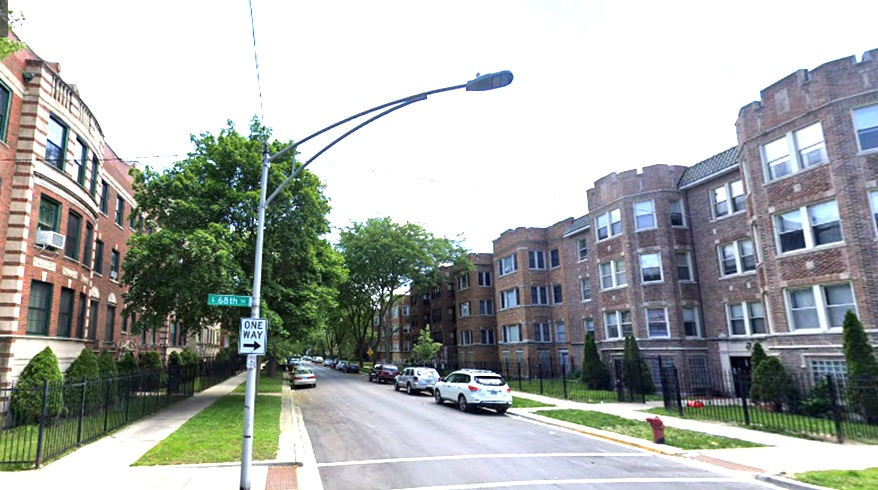Landlords face fines of up to $1,000 per day, per violation, for each day they do not supply adequate heat. The reason for lack of heat does not matter— landlords must follow the law, and apartments must be heated, city officials say. In 2020, the fines were $500 per day for violators.
From September 15 through June 1, the temperature inside a rental residence is required to be at least 68 degrees from 8:30 a.m. to 10:30 p.m., and at least 66 degrees from 10:30 p.m. to 8:30 a.m.
Chicago’s heating ordinance is now in effect as forecasters predict temperatures will continue to drop this week. The ordinance went into effect last month on warm days, but heating rental units in Chicago’s apartment buildings was unnecessary for most landlords.
Temperatures last week dipped into the upper 30s and 40s overnight after a hot summer where temperatures remained above normal throughout September and early October.
According to the Department of Buildings, which enforces the Chicago Building Code’s heat ordinance, during cold weather months, landlords must supply heat to rental units or to any unit where occupants do not have individual control of the heat.
If you are a renter and your landlord is not providing adequate heat or no heat at all, you may file a complaint via the CHI 311 website or mobile app or by calling 311.
The Department of Buildings will inspect the unit and take action against delinquent owners. Renters are protected from retaliation through the city’s Residential Landlord and Tenant Ordinance.
With more than 60 percent of Chicagoans living in rental housing, Renters’ Rights provides landlords and tenants with assistance in meeting their legal obligations and exercising their rights.
Renters’ Rights provides mediation for landlords and tenants to resolve disputes in an informal and non-adversarial manner.
The Residential Landlord and Tenant Ordinance governs most residential rental agreements in Chicago. Housing advocates say knowing your rights and responsibilities is key to a good rental relationship.
They also say the tenant and the landlord should know each other’s expectations in the lease agreement. Whether you’re a tenant or landlord, there are laws that spell out your rights and responsibilities.
The Illinois moratorium eviction expired October 3.
The City of Chicago and State of Illinois also announced more funds to help tenants as the eviction moratorium that had been extended many times during the pandemic comes to an end.
To qualify for Cook County rental assistance, you must be a renter or landlord in suburban Cook County, experienced financial hardship during the pandemic and have a current or future obligation to pay rent, utilities and/or other housing expenses.
Your household income also must be at or below the following requirements: $52,200 for a one-person household; $59,650 for a two-person household; $67,100 for a three-person household; $74,550 for a four-person household; $80,550 for a five-person household; $86,500 for a six-person household; $92,450 for a seven- person household and $98,450 for an eight-person household.
If you are qualified for all four of those criteria, you may be eligible for up to 18 months of assistance.






